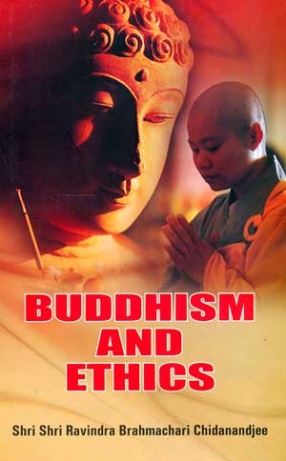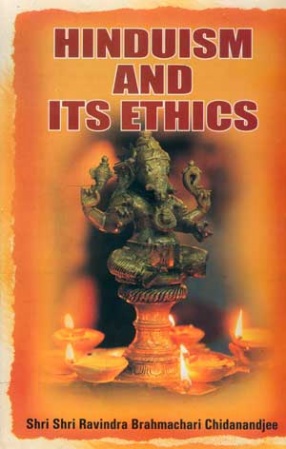
Showing all 4 books




Essentially, according to Buddhist teaching, the ethical and moral principles are governed by examining whether a certain action, whether connected to body or speech is likely to be harmful to one's self or to others and thereby avoiding any actions which are likely to be harmful. In Buddhism, there is much talk of a skilled mind. A mind that is skilful avoids actions that are likely to cause suffering or remorse. Moral conduct for Buddhists differs according ...

Questions of right and wrong considered according to Islam. Islam teaches that the only God is Allah, and that it is a sin (known as shirk) to make other things or people equal to Allah by admiring them, worshipping them, or putting inappropriate effort and desire into obtaining them. Other actions that are strictly forbidden include murder, theft, adultery, lending money for profit, the practice of magic, cowardice in fulfilling Allah's wishes, saying bed ...

Hindu ethics is mainly subjective or personal, its purpose being to eliminate such mental impurities as greed and egoism, for the ultimate attainment of the highest good. Why Hindu ethics stresses the subjective or personal value of action will be discussed later. Objective ethics, which deals with social welfare, has also been considered by Hindu thinkers. It is upon the Hindu conception of Dharma, or duty, related to a man's position in society and his ...

When we use the term Buddhists, we do not mean to imply by it either the exoteric Buddhism instituted by the followers of Gautam Baddha, or the modern Buddhistic religion, but the secret philosophy of sakyamuni, which in its essence is certainly identical with the ancient Wisdom-Religion of the sanctuary, the pre-Vedic Brahmansim. Neither Buddha, Pythagorass, Orpheus, Socrates, nor even Jesus, left behind them any writings. The esoteric teaching of Buddha were ...
